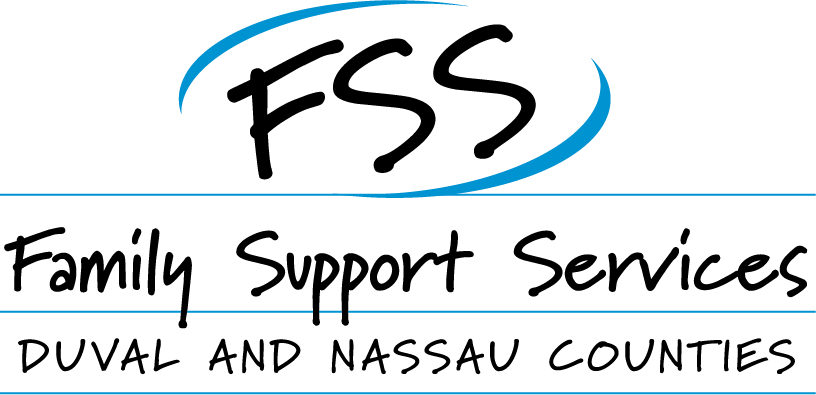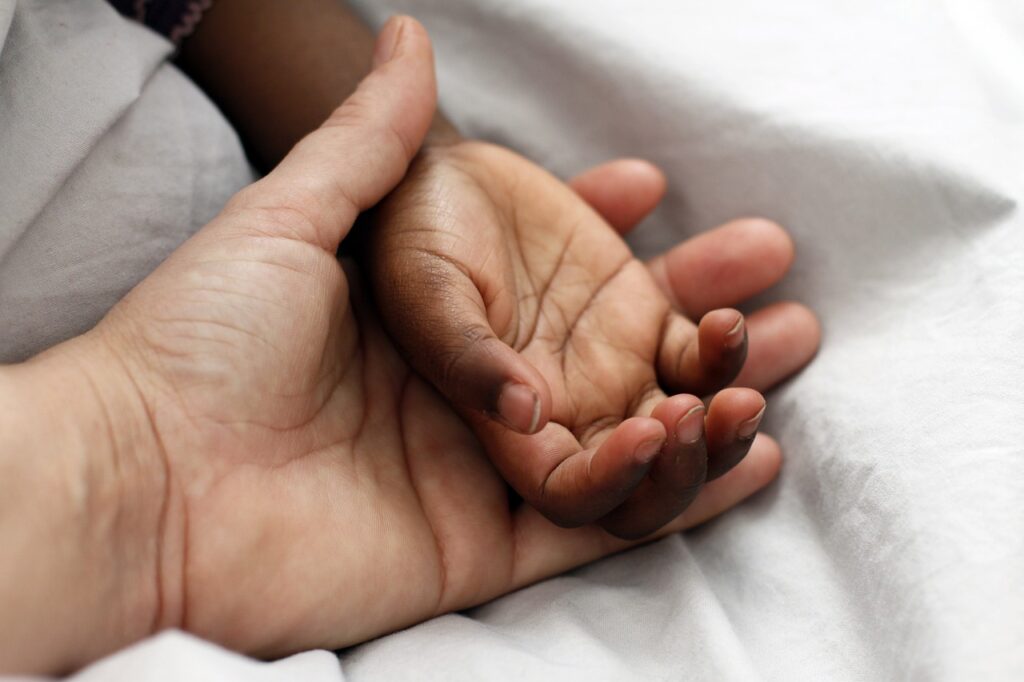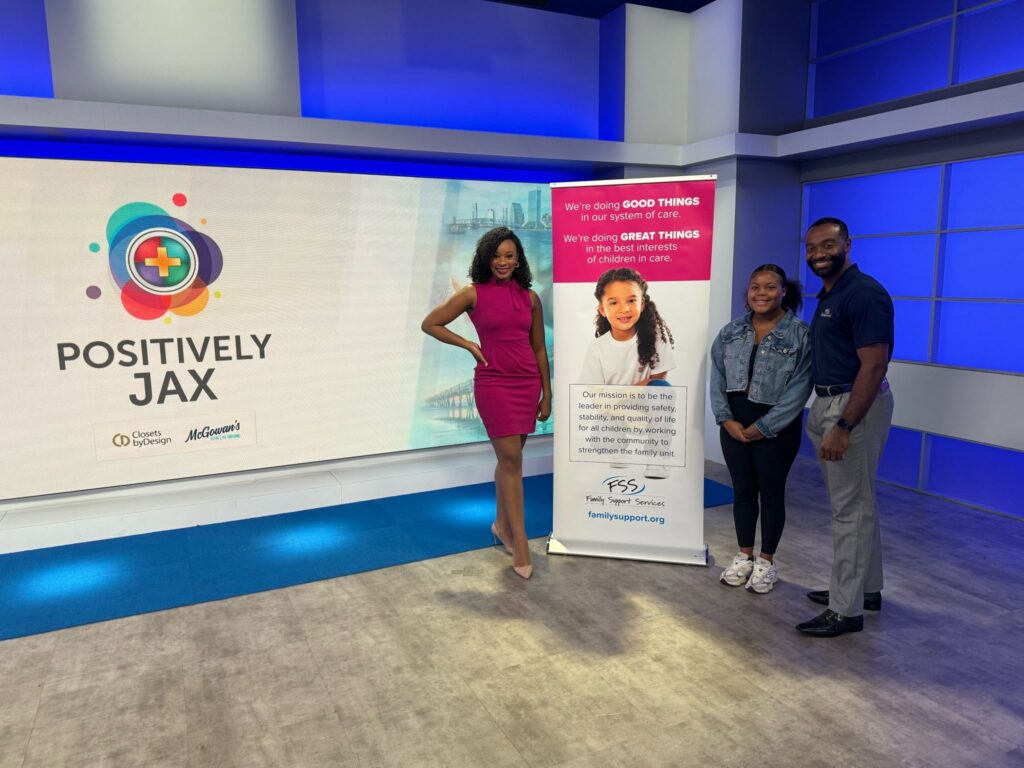The Start to Florida’s Comprehensive Redesign of Child Welfare System
(Part 1 of 3)
The History of Community-Based Care, part 1: 1996-2006
The thinking around foster care has evolved over the last 25 years. And so have the strategies developed for providing care for this vulnerable segment of Florida’s population. The reform effort started gaining traction in 1996, during the Jeb Bush administration, and led to a comprehensive redesign of Florida’s child welfare system 10 years later. That transformation continues today.
Responding to growing issues and public dissatisfaction with the state’s child protection system in the latter half of the 1990s, the Florida Legislature mandated the outsourcing of child welfare services. The goal: for local communities to come together to foster local partnerships, leverage community resources, and boost investment in and ownership of the process.
Rather than the top-down structure that had been in place, the state moved forward with a more regionally oriented system known as Community-Based Care (CBC). Under this system, the state delegated responsibility for child welfare (family preservation, foster care and adoption) to a network of Lead Agencies. Family Support Services (FSS) is the designated lead agency for Duval and Nassau County in Northeast Florida.
Those regional Lead Agencies, in turn, would strengthen alliances with trusted partner agencies to deliver the quality hands-on services that community children and families needed. At the same time the Lead Agencies, acting under the state’s authority, would be responsible for managing the workload and using funding from the state and other sources in a way that was fiscally and operationally sound.
Eventually, the state received a federal Title IV-E waiver, which allowed for use of foster care funds for technical assistance in a top-to-bottom redesign effort. Planners identified nine strategic priorities to guide the redesign:
- family preservation
- use of specialists
- cultural changes
- early assessment teams
- leadership support
- priority on child safety
- family-centered practice
- community collaboration
- communication planning
With these priorities in mind, Lead Agencies partner with Case Management Organizations (CMOs) to take responsibility for providing child welfare and related services. By the end of 2005, all regions in Florida had implemented the CBC design through a competitive procurement process.
In Duval and Nassau counties, FSS partners with Jewish Family & Community Services, Daniel Kids, National Youth Advocate Program and Children’s Home Society to provide services that impact hundreds of at-risk children and their families every day. Our Nassau County service center provides direct services to children and families in Fernandina Beach, Amelia Island, Hilliard, Callahan, Yulee, Bryceville and surrounding areas.
Meanwhile, the state Department of Children and Families (DCF) retains oversight of contracts with Lead Agencies, operation of the child abuse hotline, investigation services of child abuse and neglect and management of child welfare legal services.
For more details on the history of community-based care, from its 2006 redesign up to the present day, read The History of Community-Based Care, part 2: 2007 and beyond.








